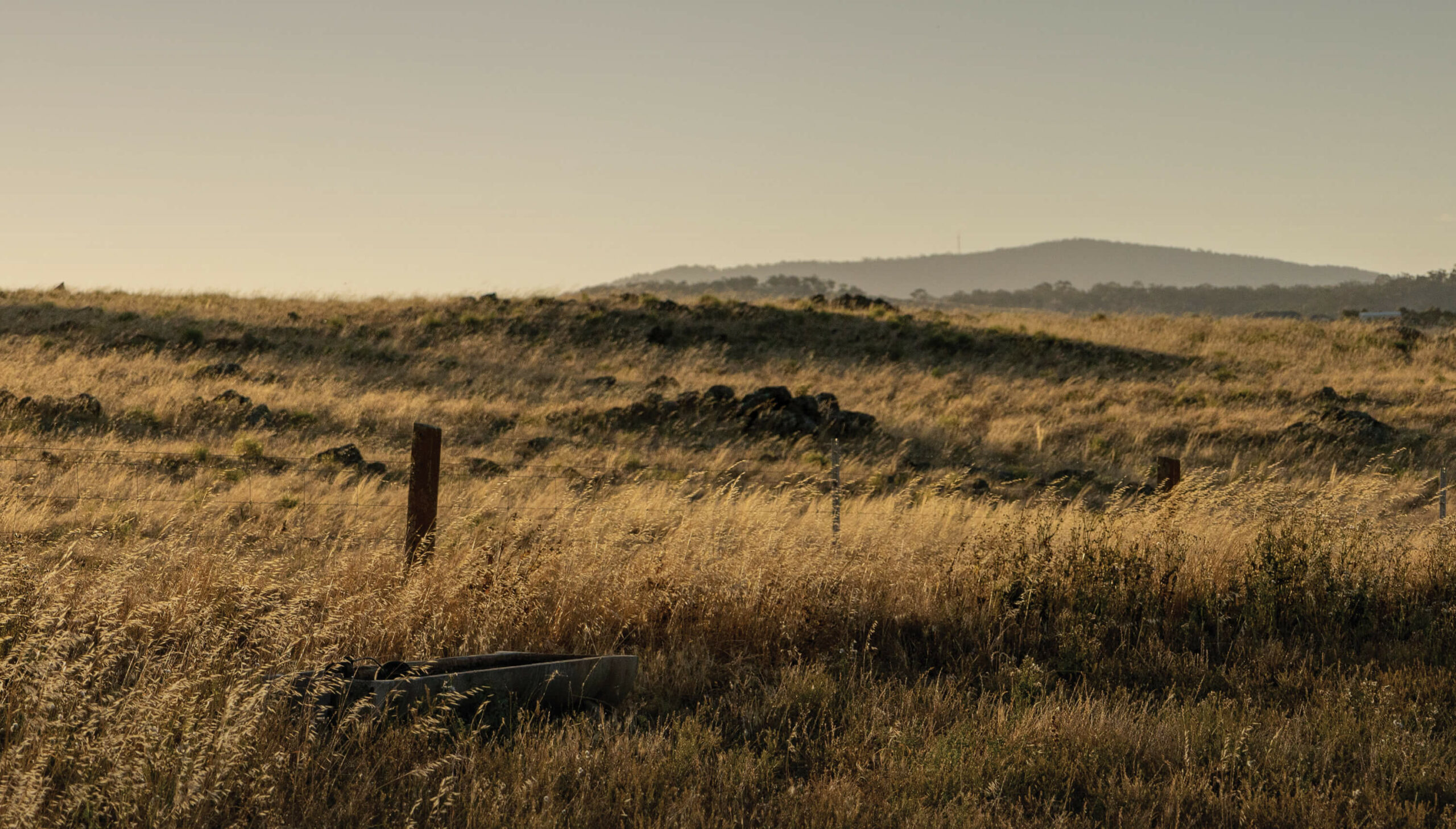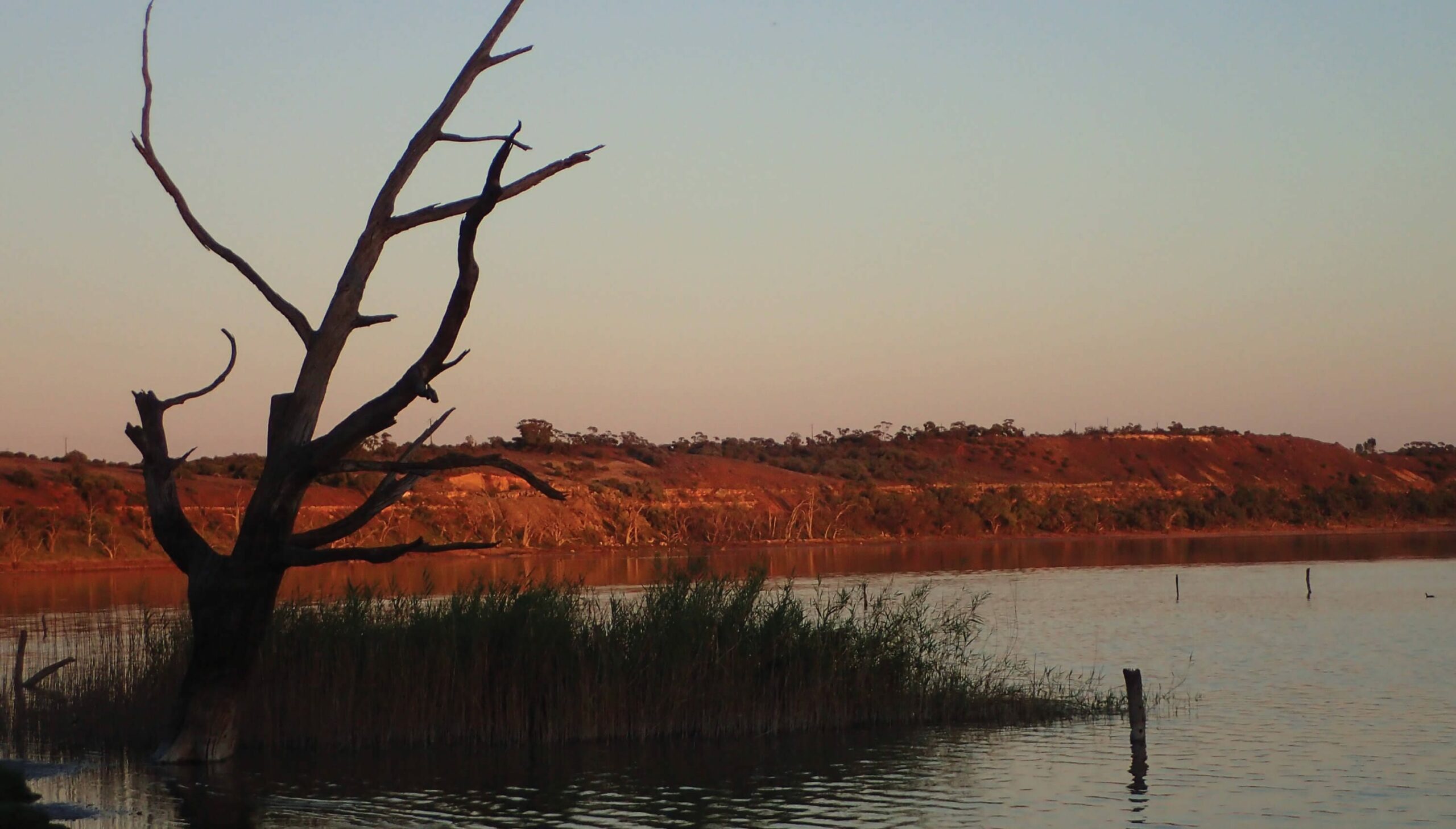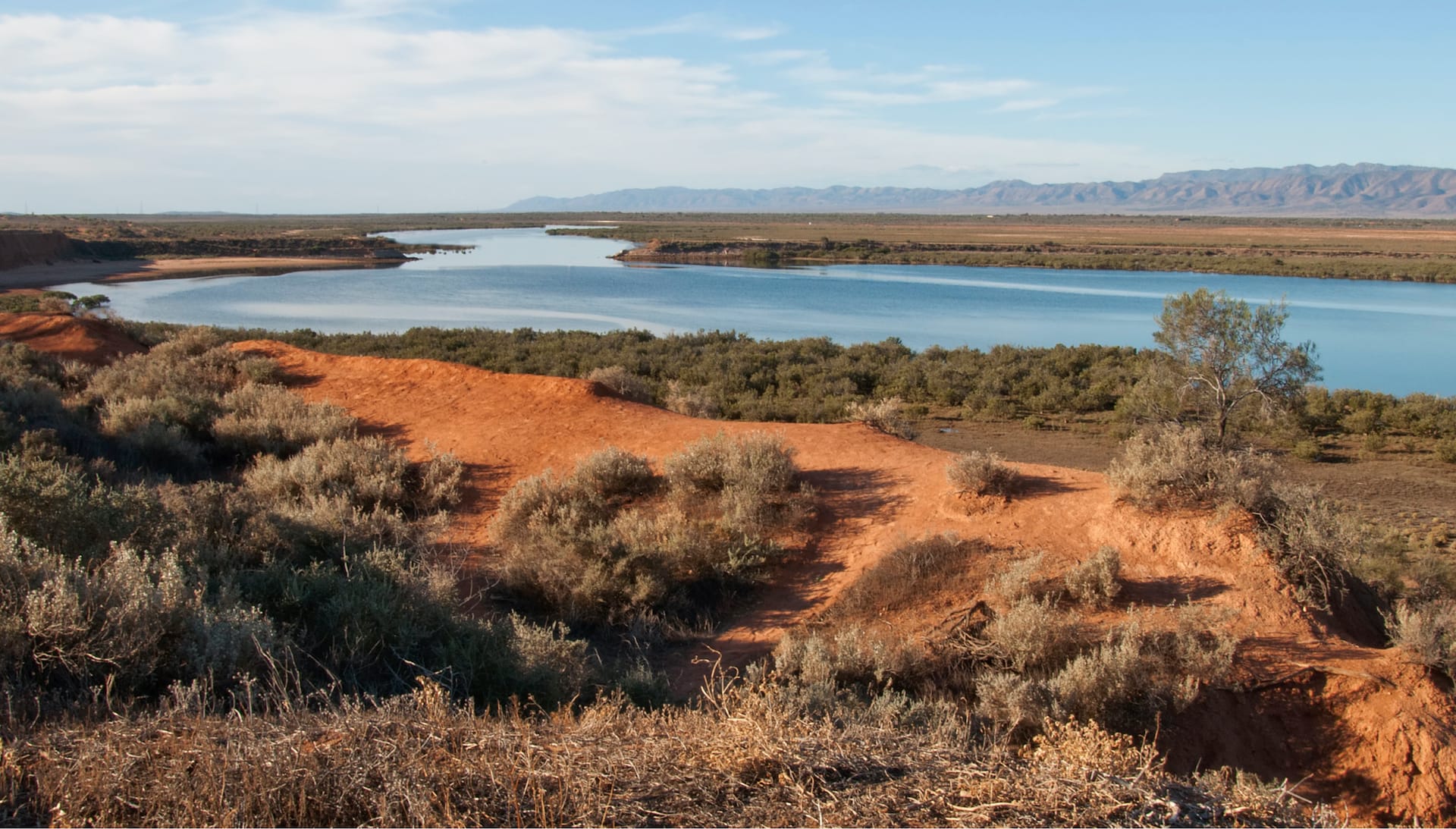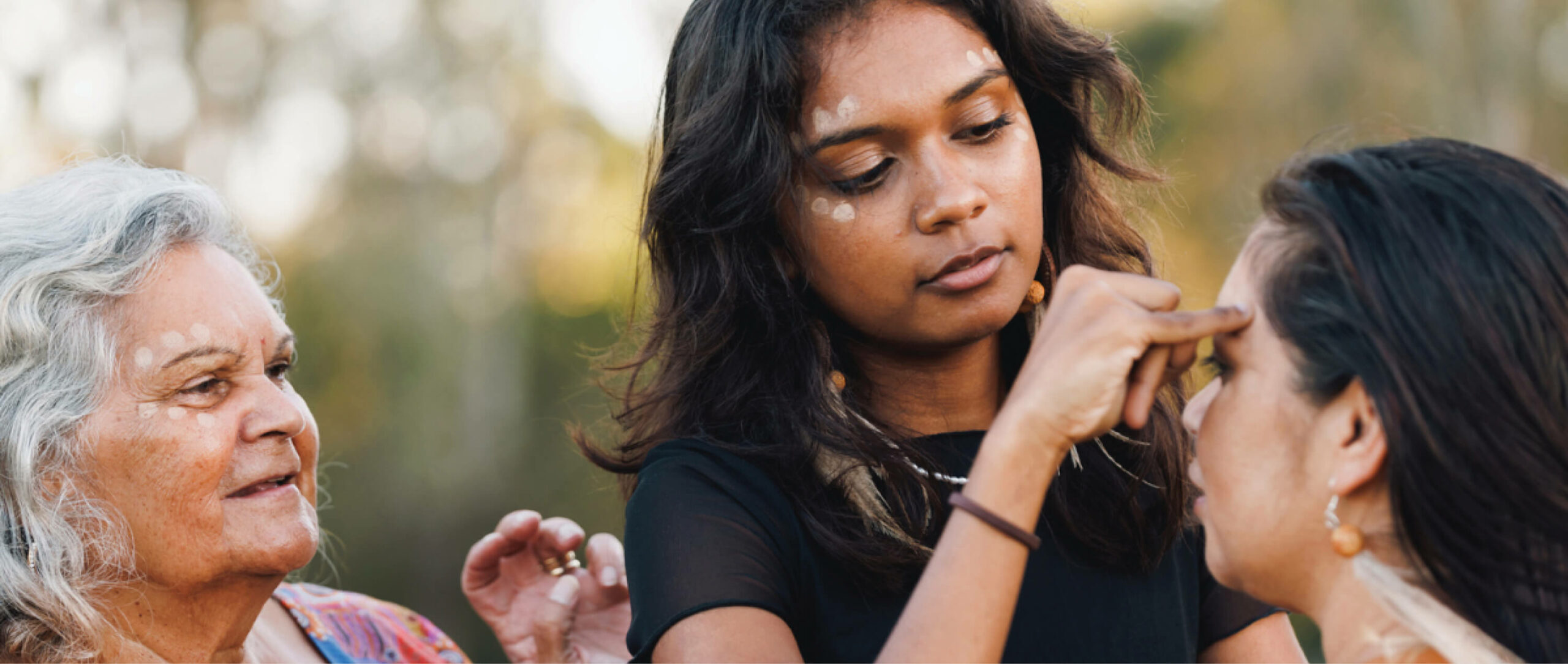

The RAIN Executive developed this plan after many months of consultation.
RA CEOs endorsed the plan on Thursday, 22 August 2019
Spirit of Intent
Relationships Australia acknowledges the cultural, spiritual and economic sovereignty of Australian Aboriginal and Torres Strait Islander people and we understand that the ongoing violation of this sovereignty continues to harm Aboriginal and Torres Strait Islander people’s health, wellbeing and aspirations.
Relationships Australia is committed to strengthening the wellbeing of Aboriginal and Torres Strait Islander people, families and communities.
We recognise that respecting and nurturing Aboriginal and Torres Strait Islander communities is a benefit for all Australians.
What We Want to Achieve
- Culturally safe organisational space and practice.
- Well supported and thriving Aboriginal and Torres Strait Islander staff.
- Services and programs that work for Aboriginal and Torres Strait Islander people and communities.
- Strong Aboriginal and Torres Strait Islander leadership and self-determination.
- Healthy and safe Aboriginal and Torres Strait Islander children and young people who have pride in their cultural traditions and optimism for the future.
- Culturally and spiritually strong Aboriginal and Torres Strait Islander families that are safe and economically secure.
- Safety and respect for older Aboriginal and Torres Strait Islander people.
How We Will Do It
01
Encourage, support and resource ongoing cultural safety and acknowledgement.
- Create spaces for ‘deep’ listening and discussion that build honesty, truth-telling, respect and understanding about white privilege and racism.
- Inform and educate all RA staff about the history and ongoing legacy of colonisation and its enduring harm on Australia’s Aboriginal and Torres Strait Islander people and communities.
- Recognise the intergenerational trauma that affects Aboriginal and Torres Strait Islander people and communities, in our interactions and our service design and implementation.
- Enable Aboriginal and Torres Strait Islander staff to express their concerns, including frustration with failure to overcome and heal the trauma and harm experienced by Aboriginal and Torres Strait Islander people.
- Implement leadership strategies for enabling non-Indigenous staff to review and overcome resistance, fear and/or guilt about the invasion of Australia.
- Build strategies to constructively analyse and respond to cultural conflict when it arises within the organisation, between teams or individual staff.
How We'll Do It
02
Ensure programs and services are relevant and accessible.
- Encourage and employ Aboriginal and Torres Strait Islander staff in mainstream and culturally specific job roles.
- Develop targeted Aboriginal and Torres Strait Islander programs that strengthen children and young people’s pride in their cultural traditions, and support the safety and respect of older people.
- Ensure mainstream RA services are accessible to Aboriginal and Torres Strait Islander people.
- All levels of the organisation participate in Aboriginal and Torres Strait Islander community events and ceremonies where appropriate.
- Describe service strategies that make RA services accessible and relevant to Aboriginal and Torres Strait Islander people and communities in tender writing and communications materials.
- Seek, include and respond to Aboriginal and Torres Strait Islander views in planning and policy development.
How We'll Do It
03
Strengthen Aboriginal and Torres Strait Islander staff wellbeing and expertise.
- Recognise Aboriginal and Torres Strait Islander staff skills, knowledge and community expertise and where possible align with mainstream qualifications and skills.
- Recognise the cultural responsibilities that most Aboriginal and Torres Strait Islander people have to contribute to their communities’ wellbeing as part of their specific job roles.
- Ensure managers and team leaders share responsibility for enabling Aboriginal and Torres Strait Islander staff to combine cultural responsibilities with work expectations and job roles effectively.
- Develop organisational practices that acknowledge and support Aboriginal and Torres Strait Islander cultural responsibilities, including the use of Aboriginal and Torres Strait Islander languages. Promote positive achievement and support living in balance through song, dance and stories.
How We'll Do It
04
Build governance practices that support and recognise Aboriginal and Torres Strait Islander leadership and self-determination.
- Establish cultural accountability practices and structures with respect to Aboriginal and Torres Strait Islander programs and services, the general organisation and board.
- Facilitate Aboriginal and Torres Strait Islander staff to ‘caucus’ about key service delivery issues in a culturally safe context and report a range of views.
- Create Aboriginal and Torres Strait Islander leadership roles that influence executive decision-making. Seek to influence policy on issues of importance to Aboriginal and Torres Strait Islander people.
How We'll Behave
SIT TOGETHER
- Engage with cultural differences, including conflicts and disagreements.
- Appreciate the vulnerability of Aboriginal and Torres Strait Islander people when they challenge mainstream systems.
- Learn from Aboriginal and Torres Strait Islander people and culture.
Recognise there is significant diversity between Aboriginal and Torres Strait Islander people including differing cultural traditions, different experiences of discrimination and dispossession, and diverse ways of living culture in contemporary Australia. - Create places for building meaningful partnerships based on respect, where differences remain visible, are welcomed and we work together not expecting uniformity.
- Understand this is an effort and can be challenging.
LISTEN
- Listen deeply and carefully – walk in others’ shoes.
- Unpack and unsettle assumptions.
Clarify understanding and avoid making judgements. - Remember, acknowledgement is not the same as agreement.
- Notice and respect the intersectionality of various forms of stigma and discrimination that individual Aboriginal and Torres Strait Islander people live with.
GIVE TIME
- Sit with uncomfortable responses.
Recognise that Cultural Fitness cannot be finished. - Understand that all healthy relationships require time, focus and effort.
RESPECT CULTURAL KNOWLEDGE
- Recognise Aboriginal and Torres Strait Islander people have different cultural knowledge, ways of relating and parenting practices.
- Acknowledge that cultural knowledge comes with cultural responsibility and accountability.
- Notice and respect differences within Aboriginal and Torres Strait Islander communities and people.
TAKE RESPONSIBILITY
- Understand the practices and impacts of privilege and mainstream culture.
- Understand how racism operates systemically and not just as individual, intentional abuse.
- Take individual and collective responsibility for making change.
- Use restorative practices (high challenge – high support).
How We’ll Know We’ve Made a Difference
- Cultural Fitness training for all RA staff annually.
- Monitor numbers of Aboriginal and Torres Strait Islander staff employed in what positions.
- Monitor numbers of young Aboriginal and Torres Strait Islander traineeships in the organisation.
- Monitor numbers of Aboriginal and Torres Strait Islander people in leadership roles
- Aboriginal and Torres Strait Islander-specific programs are ongoing within the organisation.
- The voices of Aboriginal and Torres Strait Islander clients and communities are evident in evaluations.







